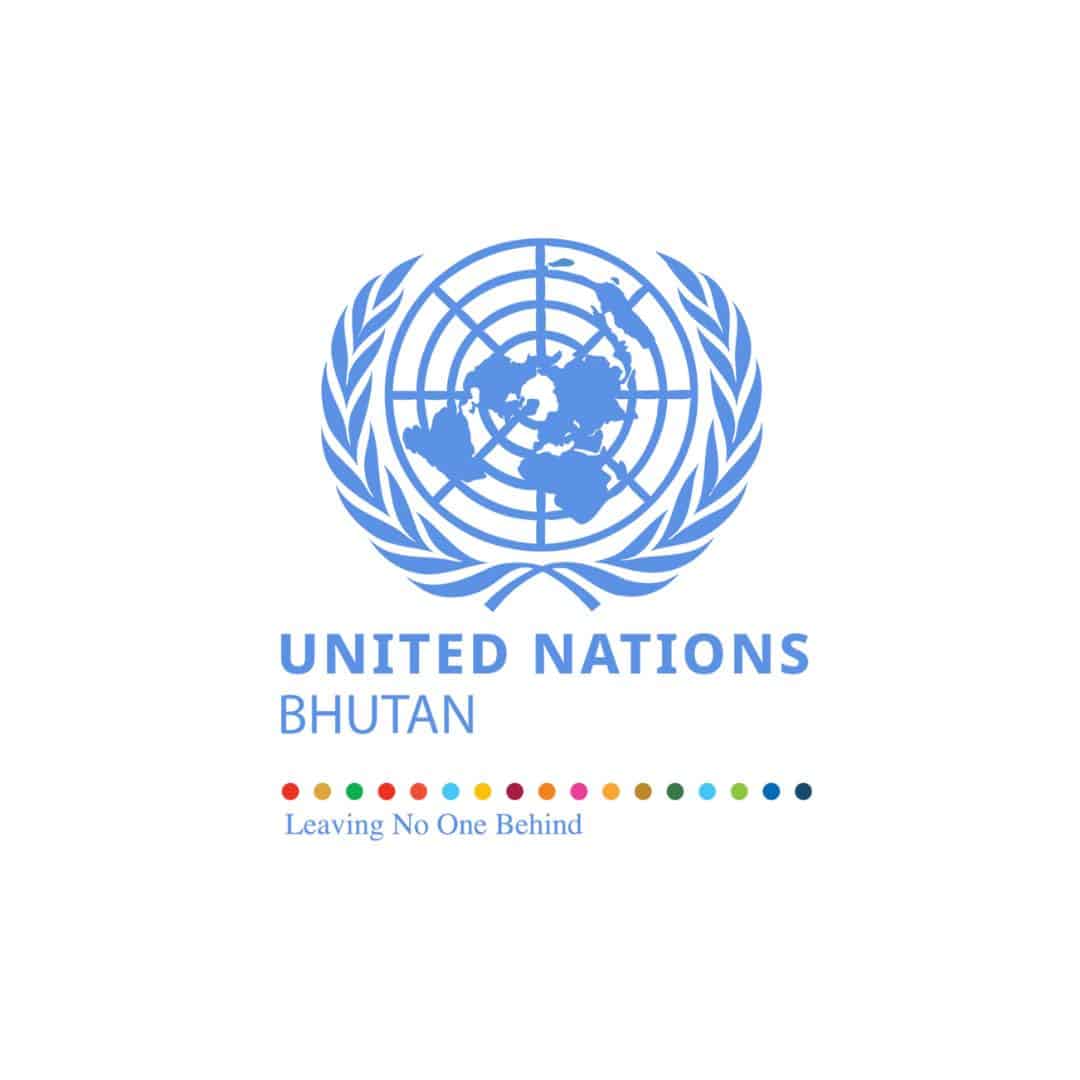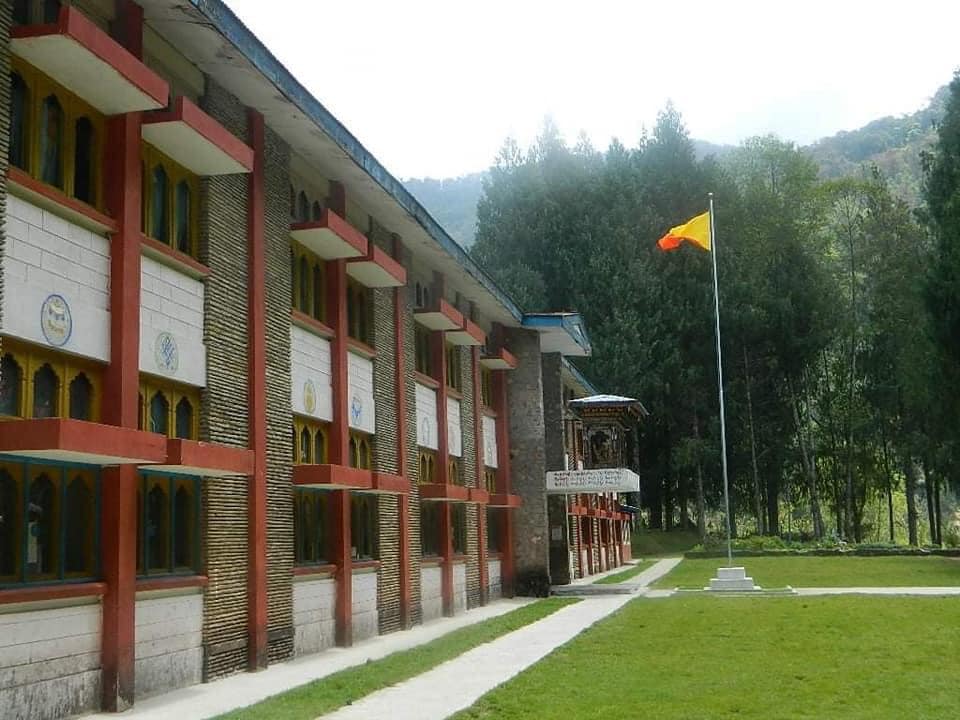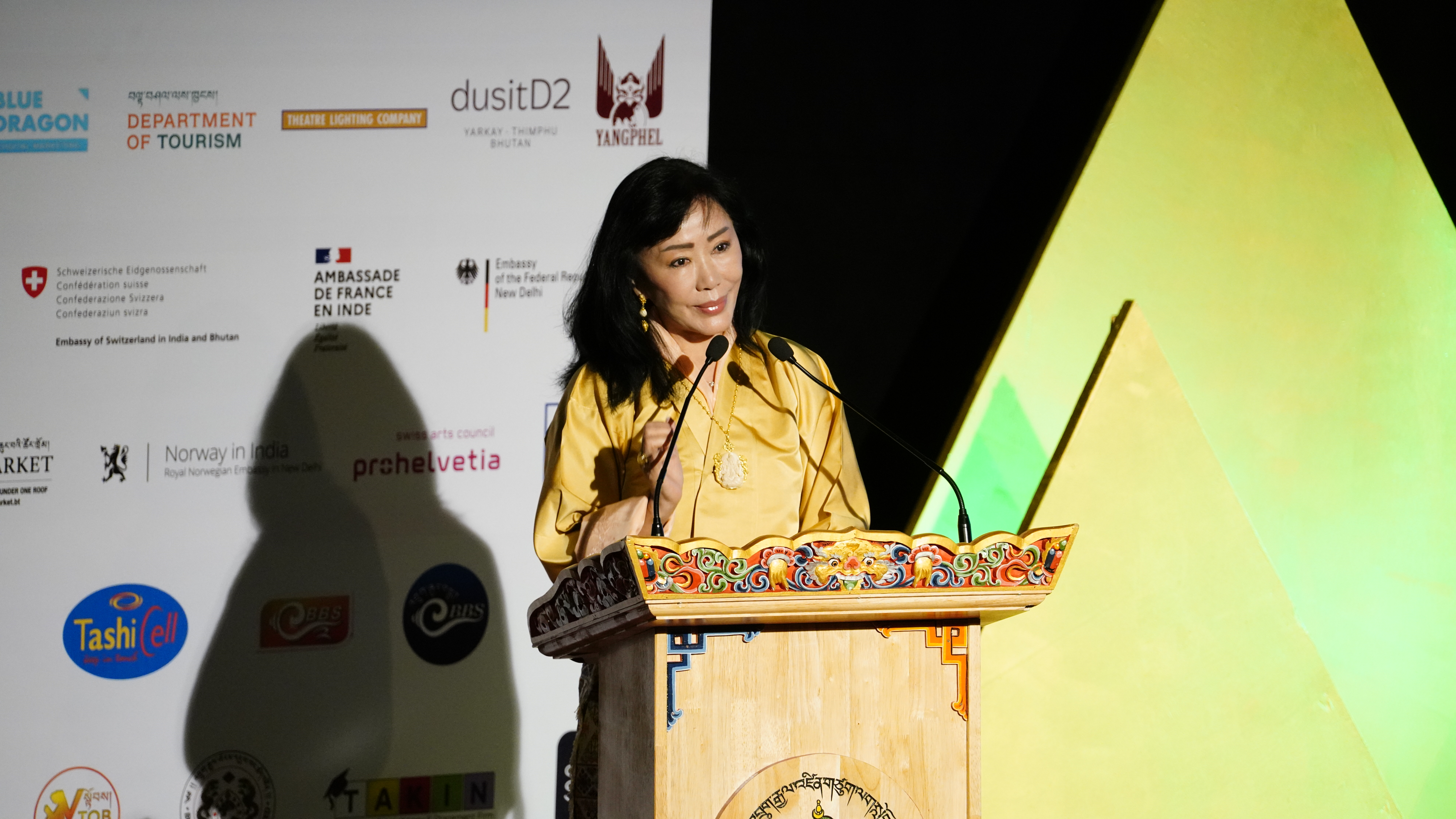Corruption is eating away at vital public services in Asia and the Pacific and it is the poor who are disproportionately paying the price. A majority of countries from the region sit firmly in the bottom half of corruption measurement indices. Despite high economic growth, 700 million people in the region live without electricity.
In a survey of 16 Asian countries, more than one in four say they have paid a bribe in the past year. That’s more than 900 million people paying bribes to access basic public services such as medical care, education, electricity and water (TI Global Corruption Barometer, 2017).
Corruption disproportionally affects women because they make up 70 percent of the world’s poor and are the primary users of basic public services such as health, education, water and sanitation. Bribe payments tend to make up a larger percentage of poor women’s limited income, leaving little left to pay for basic necessities (UNDP, Corruption, Accountability and Gender: Understanding the Connections).
This situation needs to change. No country should see its people’s access to services and life opportunities curtailed by a rich and powerful few who steal from the public, often with impunity. We must demand change, and our governments must rise up and heed our calls.
Very often research points to how women are more heavily impacted by corruption than men, along with other marginalised communities. However, little has been said about how women can be powerful agents of change in the fight against corruption—whether they are in leadership positions or as mere citizens and members of their local communities.
In Bhutan, until 2015, I was the chief of a young anti-corruption commission that my team and I helped to establish. We faced many challenges in establishing the Commission. Bhutan is a small country of not even one million people, where social networks fuelled corrupt practices that most people did not even acknowledge as corrupt. There was very little stigma attached to those behaviours. The anti-corruption cadre had to work hard and skillfully to change this.
In 10 years, however, we changed many things. How did we do this? The most significant factor has been our Kings, who have been the biggest anti-corruption champions. They have constantly highlighted not only the risk of corruption but also the greater risk of ignoring it.
The independence of the Commission was well protected from any interference or influence. Today, Bhutan is perceived as one of the least corrupt countries in the Asia-Pacific region according to TI’s Corruption Perception Index.
I am also a strong believer that the fight against corruption must be driven by society to change people’s behaviour and attitude. As the anti-corruption chief and the head of a civil society organisation-led project, I had the privilege to work with grassroots women who were taking the lead in monitoring the delivery of public services and promoting a culture of integrity in their local communities.
Women can be powerful agents of change at the grassroots when they are part of a socially-organised community because they are generally not afraid to report corrupt practices. This is also evidenced by research which highlights that 79 percent of the women surveyed believe that women affiliated to a community group are better able to stand up against corruption (UNDP, Grassroots women’s perspectives on corruption and anti-corruption).
Women’s potential to act as powerful agents against corruption was highlighted during a recent UNDP/UNODC symposium held in Thailand on “Celebrating women fighting corruption in South and Southeast Asia” that I also participated in. It was inspiring to hear the experiences of the women in the region making a difference against corruption in their various capacities, as whistle-blowers, policewomen, advocates and journalists.
Unfortunately, we are not hearing enough of these remarkable stories! I also believe that we need more women in politics. Female leaders are not inherently more honest or less corrupt than men. The problem lies in the overwhelming disproportion of women in politics in Asia. This gender imbalance means that there are fewer women leaders—who understand the impact of corruption on women and bring diverse viewpoints and skills—in positions to create policies to curb corruption. Women offer different perspectives to the challenges of governance and leadership, ensuring that decisions are more robust, debated, more effective and more inclusive.
In Asia, our growing middle classes and a more informed citizenry are demanding change—and that change must start with their leaders. This is why I decided to enter political life and accepted to become the president of Bhutan Kuen-Nyam Party (BKP). My party will contest the parliamentary election in 2018. The pervasive public perception of politics being dirty and politicians distrustful and despised by those they are meant to serve has to change.
Women and men in politics have to consciously commit to the highest standard of integrity and serve all members of society, especially the most disenfranchised and marginalised in our societies. Corruption is not just a problem of a few countries or of a specific global region. Fighting corruption has to be a collective effort between the government, private sector, civil society and international organisations.
(The writer is the former head of Anti-Corruption Commission and also served as the executive head of Samdrup Jongkhar Initiative, before entering politics as the new president of the Bhutan Kuen-Nyam Party)














